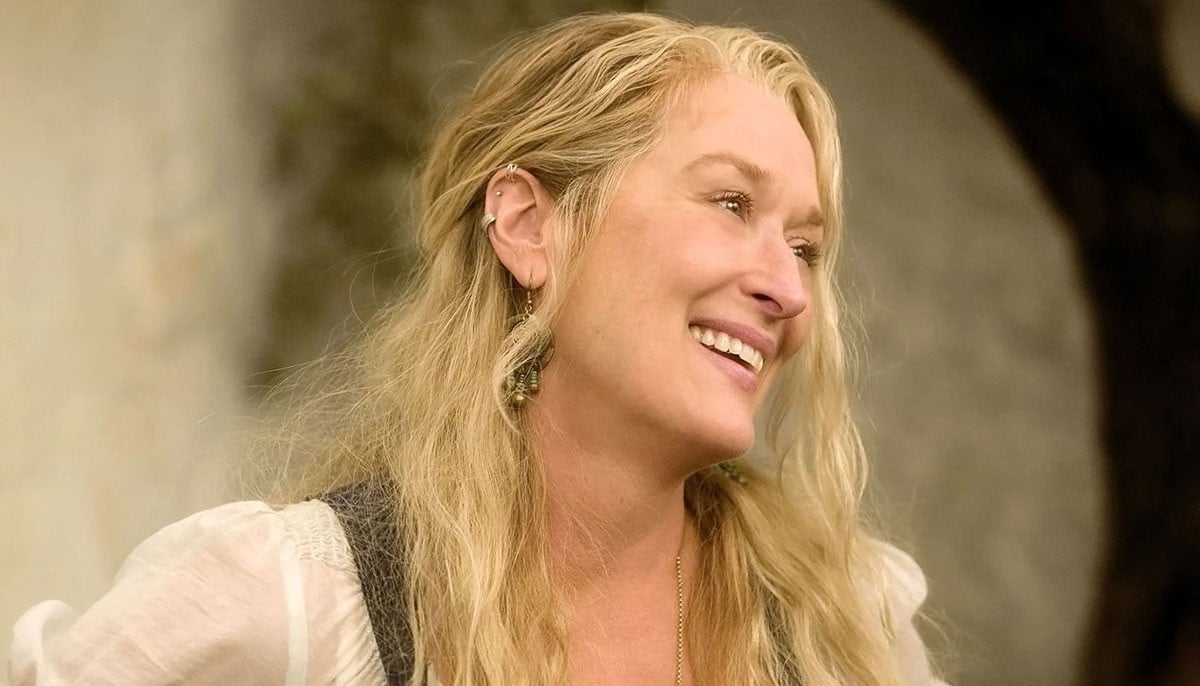After receiving $3.5 million in discretionary funds from New York Governor Kathy Hochul, a historic Art Deco movie theater on Manhattan’s Upper West Side that had shuttered 20 years prior was sold to a nonprofit organization.
These money, together with $500,000 in subsidies from the State Senate, allowed the charity, the Upper West Side Cinema Center, to finalize its $6.9 million acquisition of the Metro Theater on Friday. With a five-screen cinema, a lobby bar, and a public café, it intends to rehabilitate the building on Broadway close to West 99th Street.
According to the foundation, an additional $15–25 million in fundraising is needed to build a new interior, replace the marquee, and remove graffiti from the building’s exterior.
“I was honored to step in because the Upper West Side community deserves another top-notch cinema and art venue,” Hochul stated in a press release.
Assemblyman Micah Lasher, a Democrat who was elected in January, grew up attending the Metro Theater and has pleasant memories of taking his family to see “Ali” and “Mr. Holland’s Opus.”
He said that the community has been badly scarred by its loss over the past 20 years, making it more than simply an eyesore.
In December, Lasher learned that the Upper West Side Cinema Center would not be able to purchase the building from the previous owner’s estate before the deadline of January 10. Hochul had expressed interest in community regeneration, so he reached out to him.
His phone rang the day after Christmas while he and his family were in Disney World. The governor was the one.
He recalls her stating, “I have some Christmas news for you.” “A movie theater is going to be saved.”
Originally called the Midtown Theater, the Metro Theater debuted in 1933. Before gaining recognition for art house and international films, it screened pornographic films in the 1970s and early 1980s. In 1989, its pink terra-cotta facade was designated a monument.
Albert Bialek, the building’s former owner, shuttered the cinema in 2005, citing the growth of huge multiplex theaters as the reason the Metro was unable to compete. In 2006, he told The New York Times, “The building is outdated as a neighborhood theater.”
There were unsuccessful attempts to redesign the area, including a 2015 proposal to turn it into a Planet Fitness facility. Additionally, two initiatives involving the Alamo Drafthouse cinema chain, which were announced in 2012 and 2022, failed.
Due to the facade’s historic classification and the sale of the building’s air rights, there were few alternatives for development. Additionally, Bialek, who passed away in 2023, desired that the theater be restored under the proper care.
Liza Cooper, head of the neighborhood organization New Friends of Metro Theater, who collaborated with Bialek to find a new purpose for the structure, stated, “He sort of held it as a very special jewel.” “He only wanted the best for it, but sometimes it was difficult to overcome that protectiveness.”
The family was “so proud and excited that Mr. Bialek’s long-held dream for a theater is finally being realized,” according to an email from John Simoni, the estate’s attorney.
With the backing of celebrity advisors such as Martin Scorsese, Ethan Hawke, John Turturro, Bob Balaban, Griffin Dunne, and “American Psycho” director Mary Harron, the Upper West Side Cinema Center made their candidacy public in July. Later, Upper West Side resident Tim Blake Nelson became a member of the nonprofit’s advisory board.
State Senator Brad Hoylman-Sigal campaigned for $500,000 in grant funds as part of the state’s assistance. The executive and legislative financing came from the just concluded fiscal year and were discretionary awards.
The government’s assistance allowed the nonprofit to get an extension for gathering the $6.9 million, according to Ira Deutchman, an independent film producer who co-leads the organization with Adeline Monzier. The remaining funds were provided by charities and private donors, including a sizable donation from Kate Capshaw and Steven Spielberg’s Hearthland Foundation.
According to a foundation spokesperson, “Kate and Steven think that watching movies on a large screen is a special and significant experience that can foster community and strengthen the value of group participation.” “They look forward to seeing a lot of movies at the legendary Metro Theater and support Ira’s mission.”















